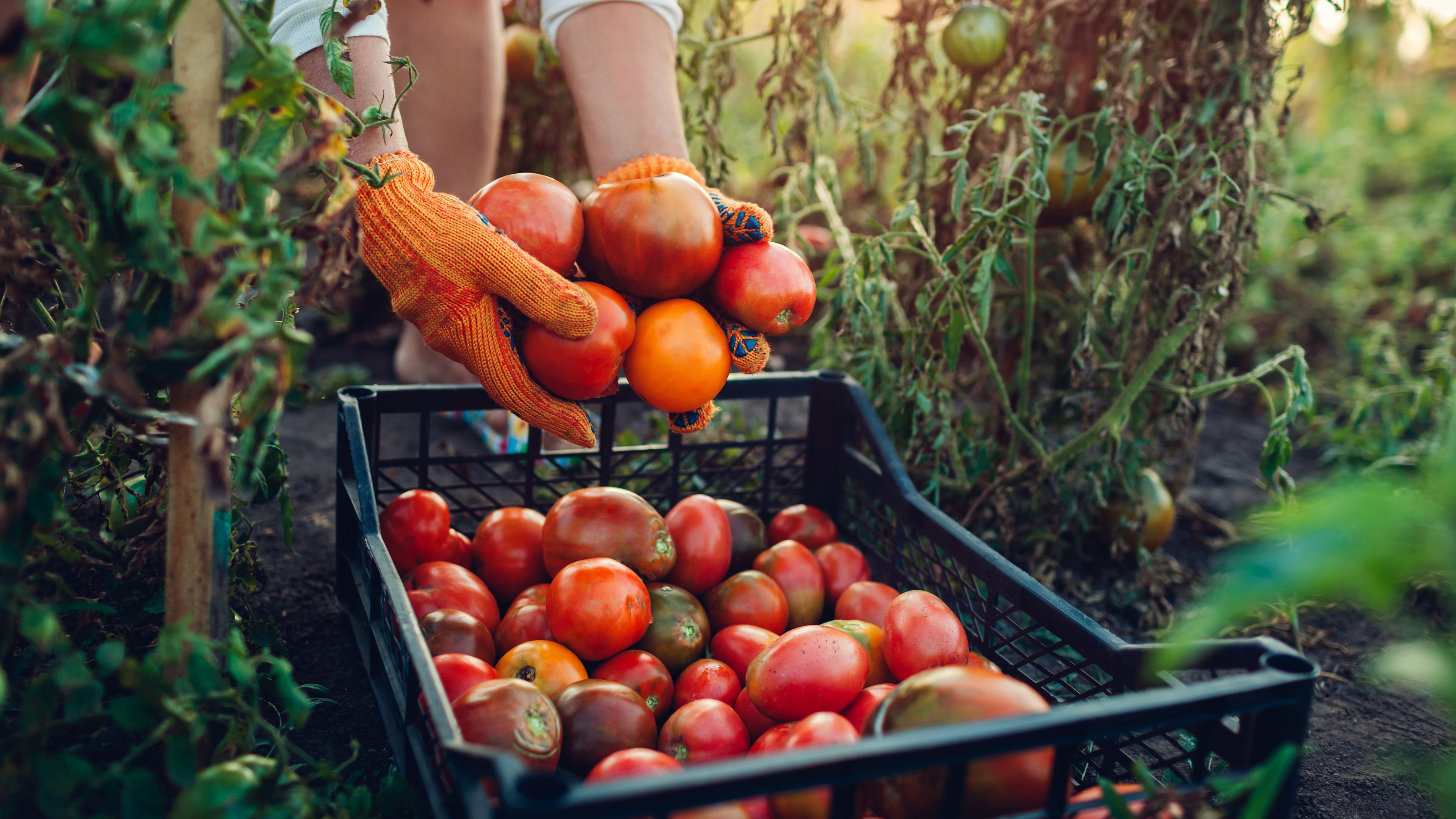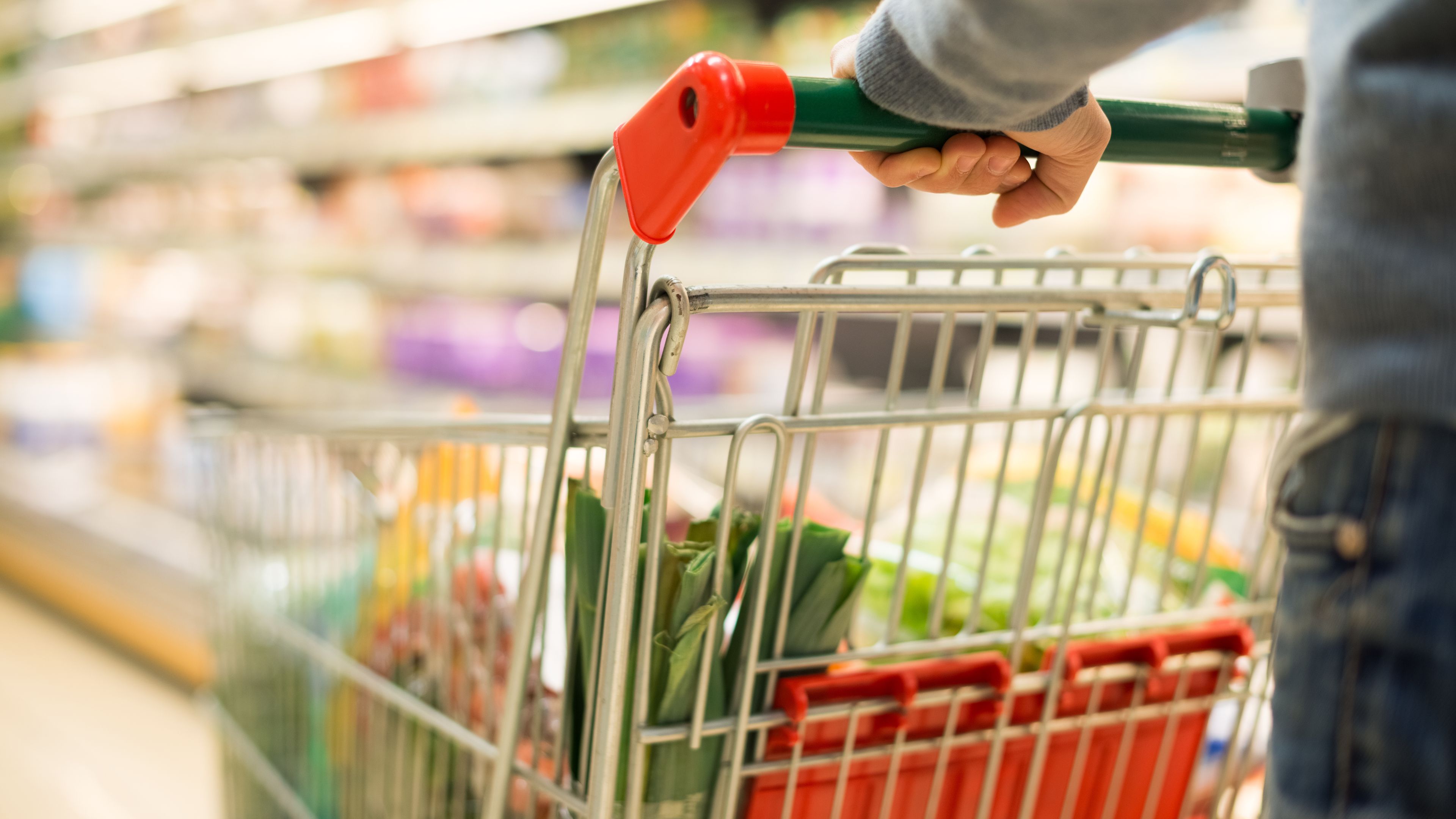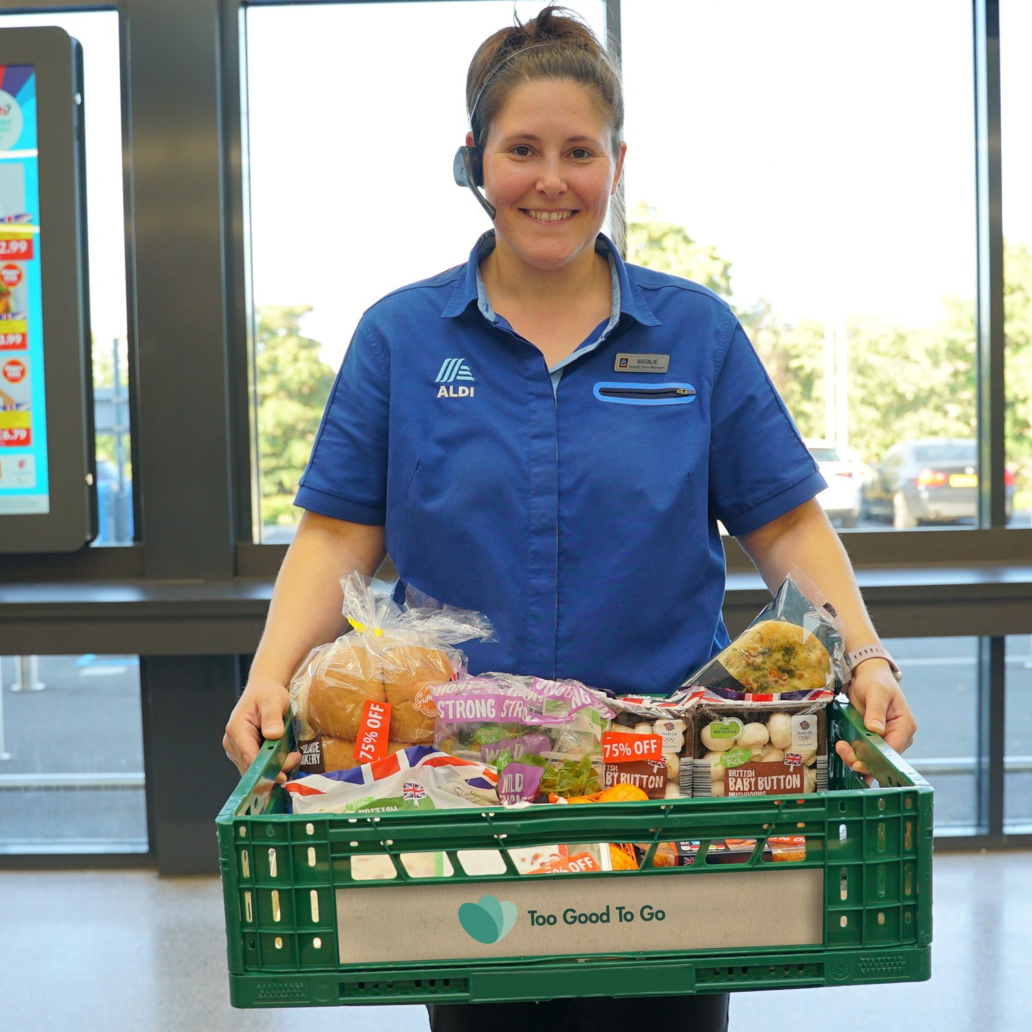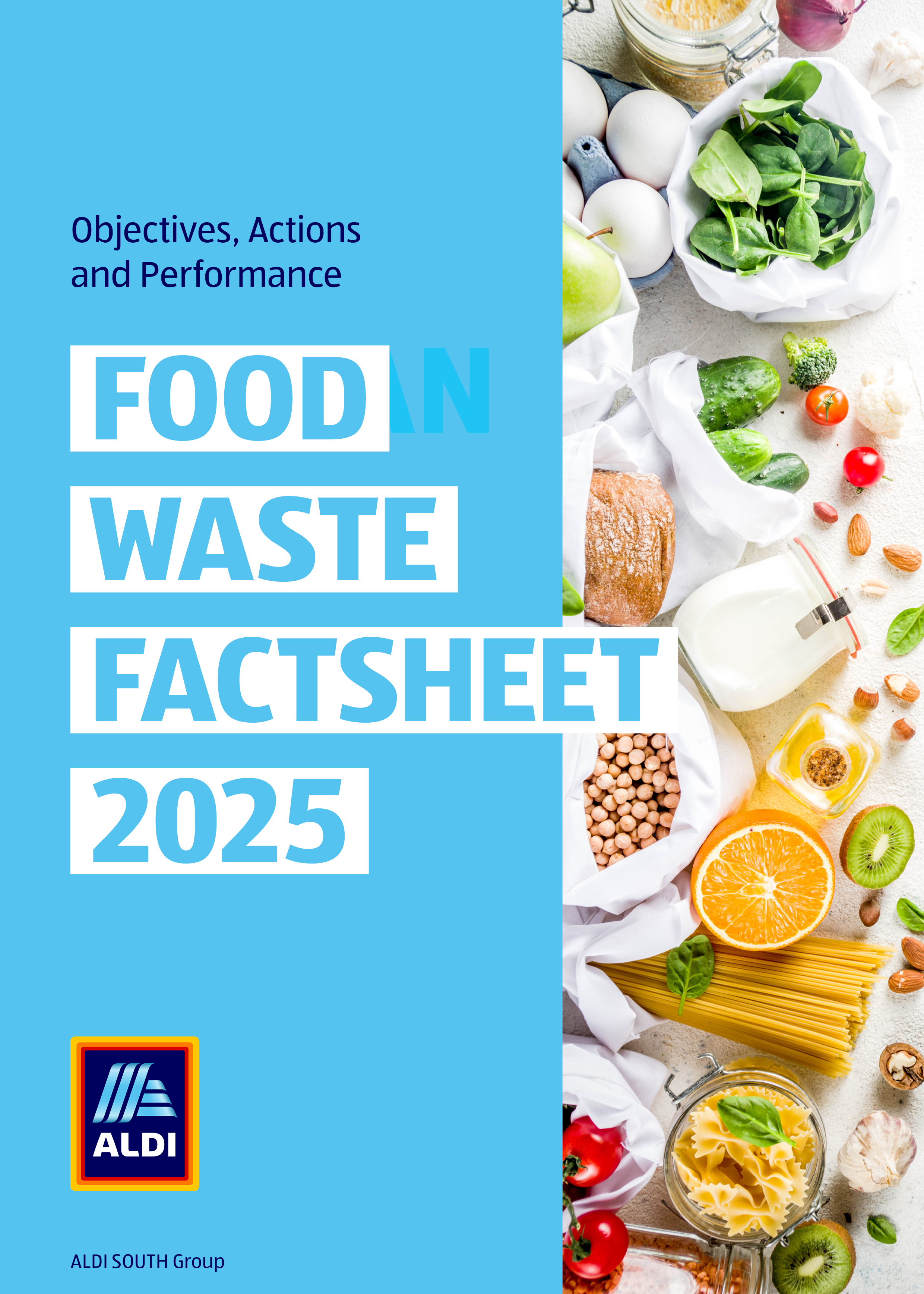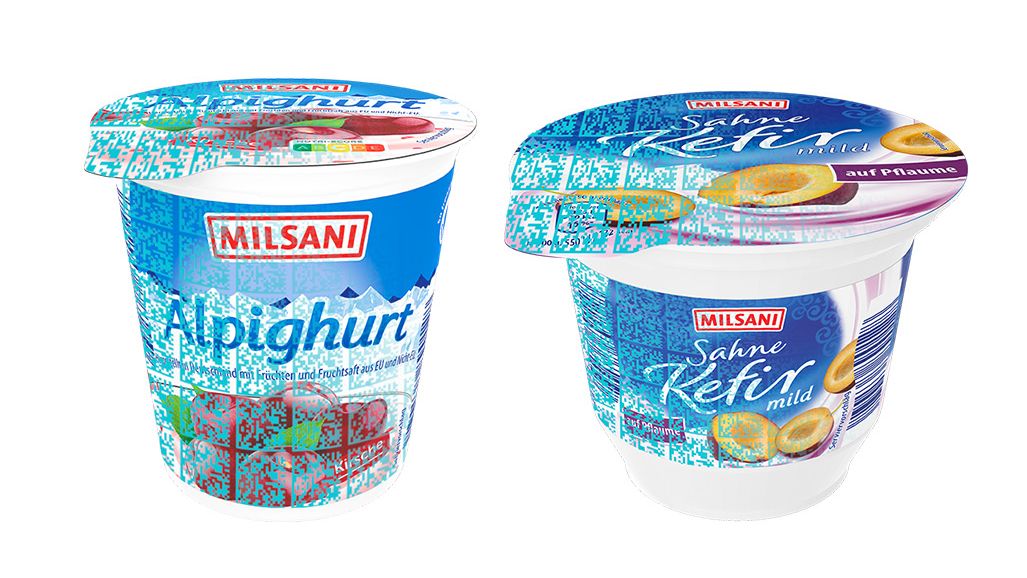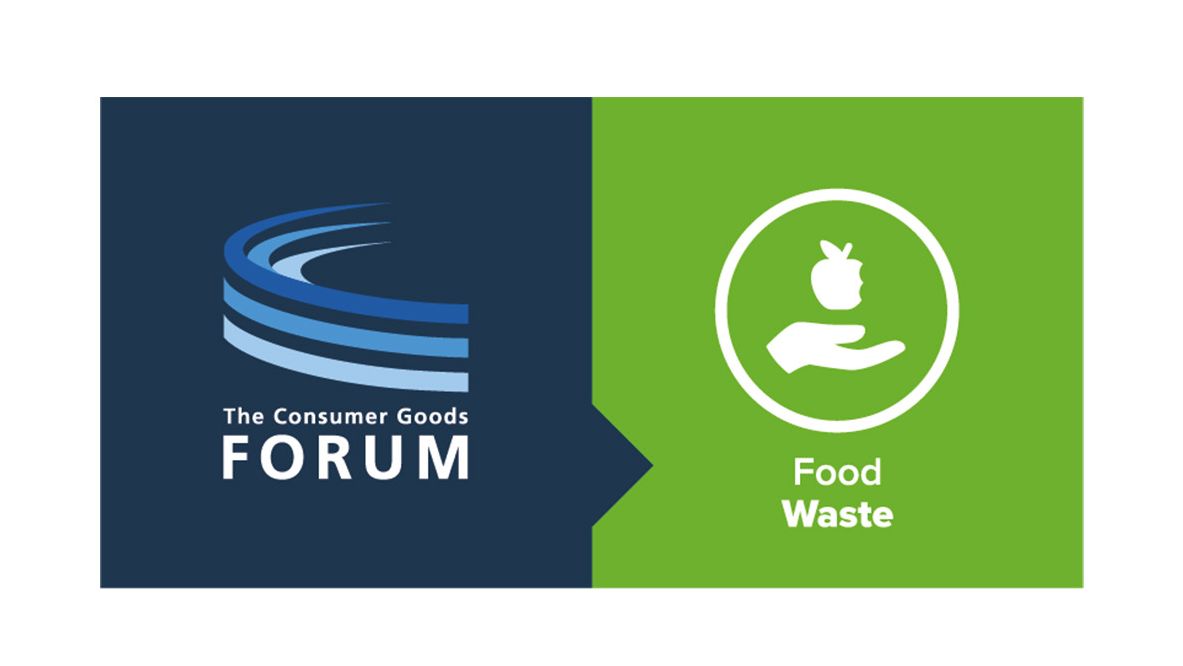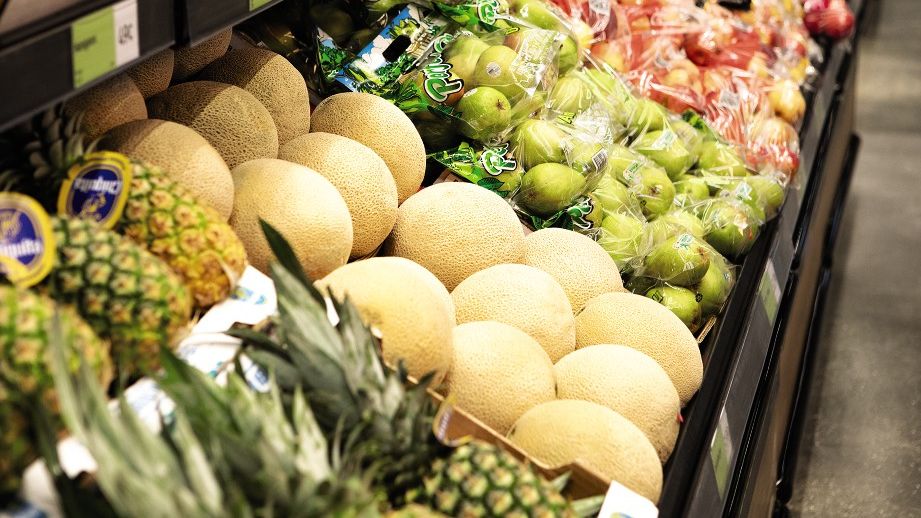
Food waste has a huge impact on our environment. Globally, it contributes as much to greenhouse gas emissions as road transportation. The ALDI SOUTH Group has set ambitious goals to reduce food waste to improve food security, address climate change, and protect our natural environment.
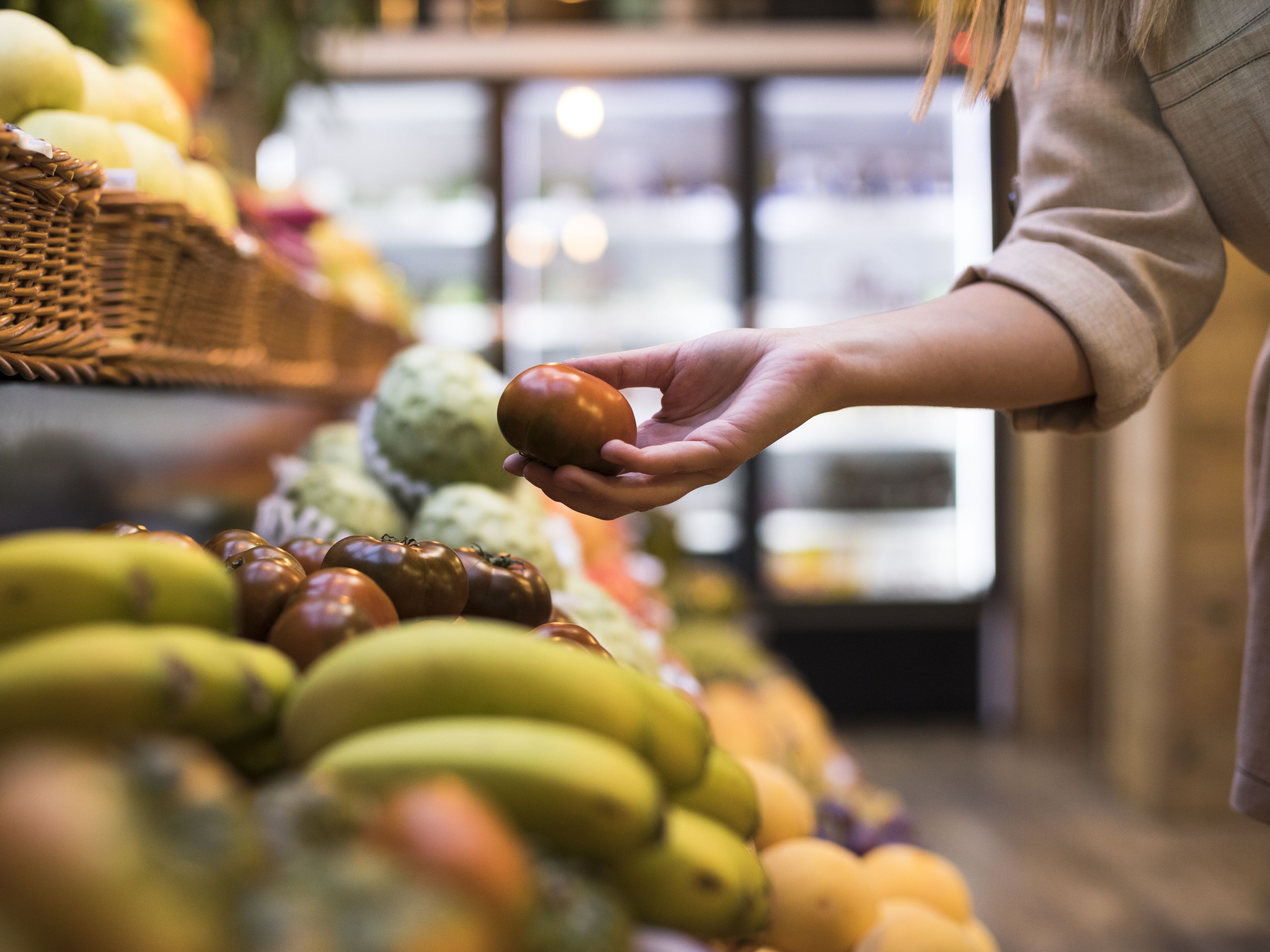
Why food waste matters
Globally, people throw away the equivalent of 23 million fully loaded 40-tonne trucks of food waste annually**. Unused food ends up in landfills, incinerators, down the drain, or rotting in fields. According to the UNEP Food Waste Index Report, the average person throws away 47kg of food per year, and this figure applies to individuals who live in both lower-middle income and high-income countries. Given that nearly 30% of the world’s population have limited or uncertain access to nutritious food, we all have much to do about food waste.
Food waste occurs at all stages of our food systems, from farm to fork. Reducing food waste is key to transforming our global food systems, with producers, suppliers, retailers, and consumers all having a part to play. The ALDI SOUTH Group has set a target to halve its operational food waste by 2030.
The environmental impact of food waste
When we waste food, we waste more than the nutritious value. It takes a lot of resources to grow, process, sort, package, transport, sell, cook, and consume food. The later in the process the food is wasted, the more energy and natural resources are depleted. By limiting food waste, we can improve food security, address climate change, reduce our monthly food bill and protect our natural environment.
Food waste is generated across the ALDI SOUTH Group’s supply chains. We are focusing our actions on internal operations and business practices because this is where we can have the most significant and immediate impact.
Food waste in our supply chains
What is the ALDI SOUTH Group doing about food waste?
As food waste is largely generated outside our own operations, we are also working to understand how we can help our suppliers to reduce and redistribute food waste in the supply chain through better forecasting, accepting different sizes and types of fruit and vegetables, and utilising any overproduction of products.
ALDI is a member of the Consumer Goods Forum Food Waste Coalition of Action, along with other major retailers. The main goal of this collaboration is to launch consumer-focused campaigns, benchmark our progress, share knowledge, and trial new technologies. Additionally, we are exploring cost-effective measures that enable and encourage our customers to reduce their household food waste.
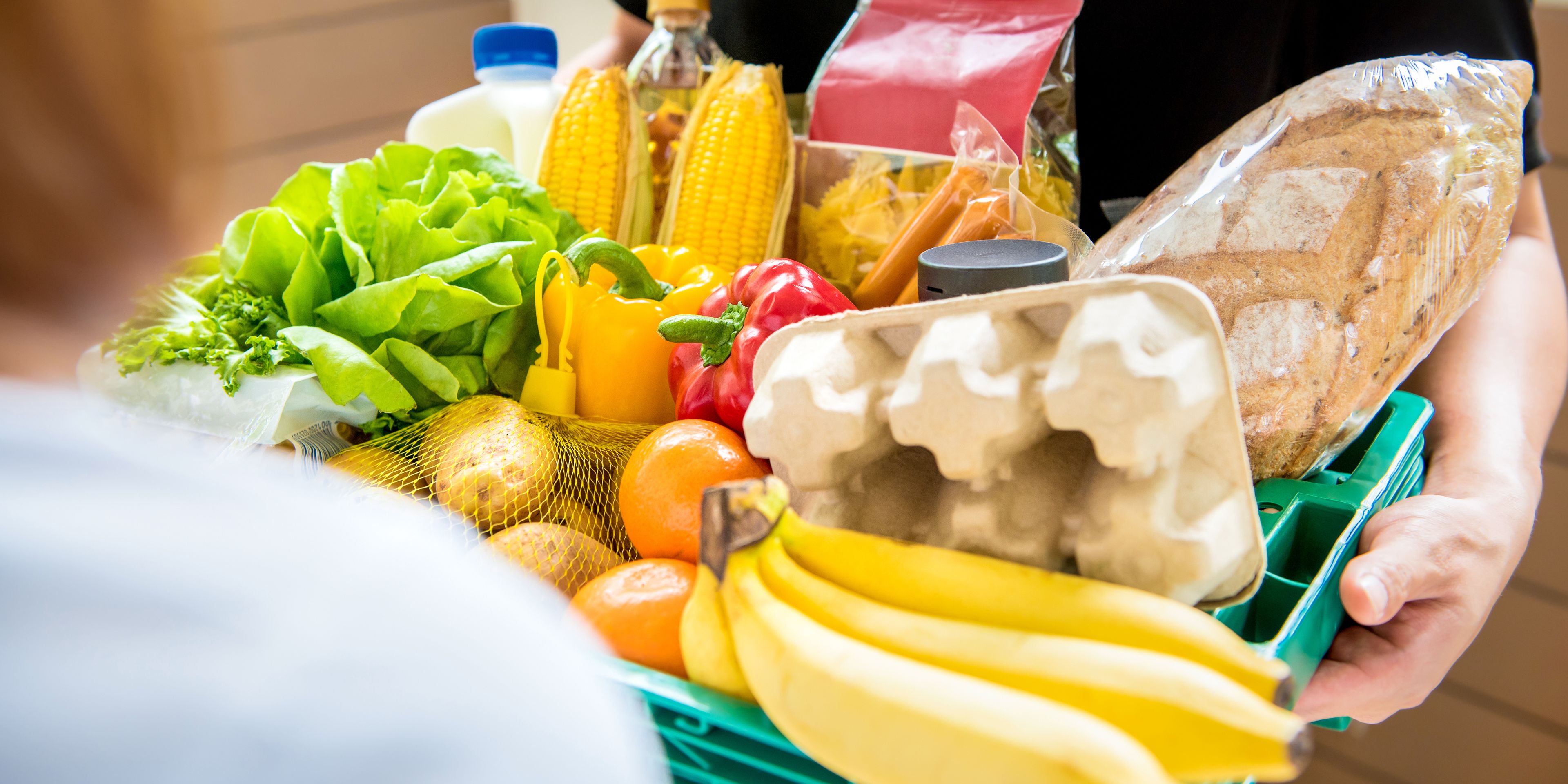
In 2021, the ALDI SOUTH Group partnered with Too Good To Go, helping to reduce food waste by making surplus food available to customers at a reduced price. Food which is still perfectly good but at risk of going to waste gets packed into 'Surprise Bags'. Customers can reserve these via the Too Good To Go app and collect them from the stores before closing time. As of 2025, this partnership has helped save over 3 million meals from being wasted – a real collaborative achievement across ALDI stores in the UK, Ireland & Austria.
Working with Too Good To Go has been a key initiative for our food waste reduction plan, particularly in the UK. In 2024, the ALDI market announced a 70% reduction in food waste, setting the benchmark for our global initiatives. Initially targeting a 20% reduction by 2025, ALDI UK has now set a more ambitious target of a 90% reduction by 2030.
In 2021, the ALDI SOUTH Group partnered with Too Good To Go, helping to reduce food waste by making surplus food available to customers at a reduced price. Food which is still perfectly good but at risk of going to waste gets packed into 'Surprise Bags'. Customers can reserve these via the Too Good To Go app and collect them from the stores before closing time. As of 2025, this partnership has helped save over 3 million meals from being wasted – a real collaborative achievement across ALDI stores in the UK, Ireland & Austria.
Working with Too Good To Go has been a key initiative for our food waste reduction plan, particularly in the UK. In 2024, the ALDI market announced a 70% reduction in food waste, setting the benchmark for our global initiatives. Initially targeting a 20% reduction by 2025, ALDI UK has now set a more ambitious target of a 90% reduction by 2030.
Finding ways to reduce food waste
While not all food waste can be avoided, we strive to reduce it to the absolute minimum. We have set targets to improve our ordering and planning processes to reduce food surpluses. Customers can benefit from discounted products approaching their expiration or use-by dates, and we donate products to our extensive networks of charity partners.
We are changing attitudes in our German and UK markets by offering Krumme Dinger (crooked things) and Wonky Vegetables – perfectly good products that might not look flawless but are tasty and nutritious. We also aim to donate as much as possible and are working on turning food waste into animal feed, composting and biogas from food waste.
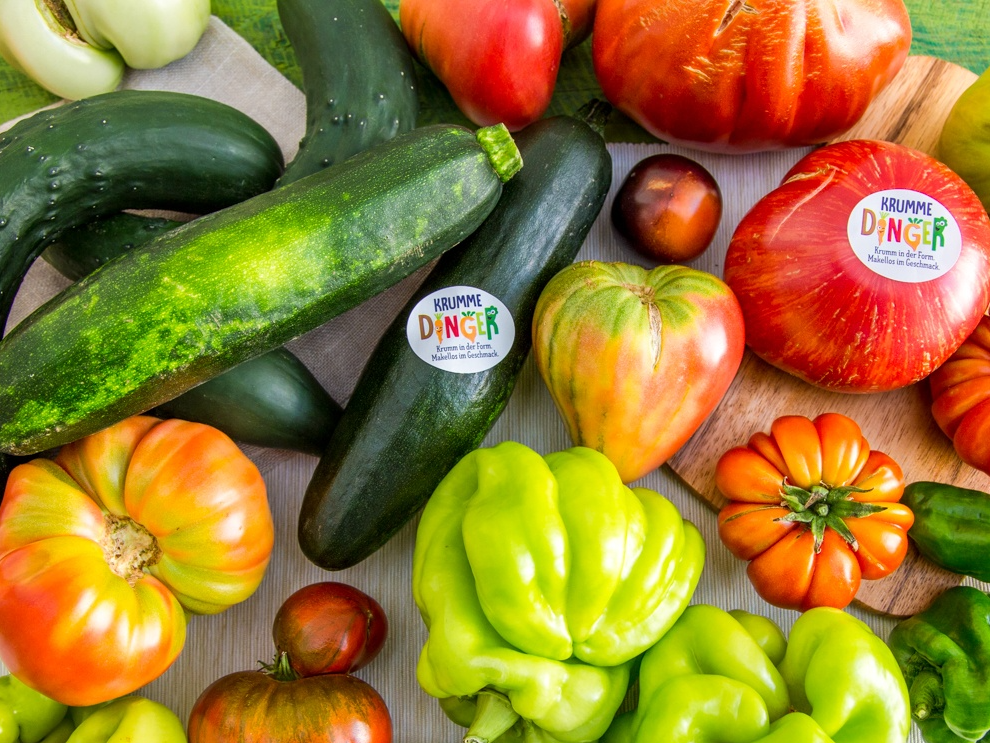
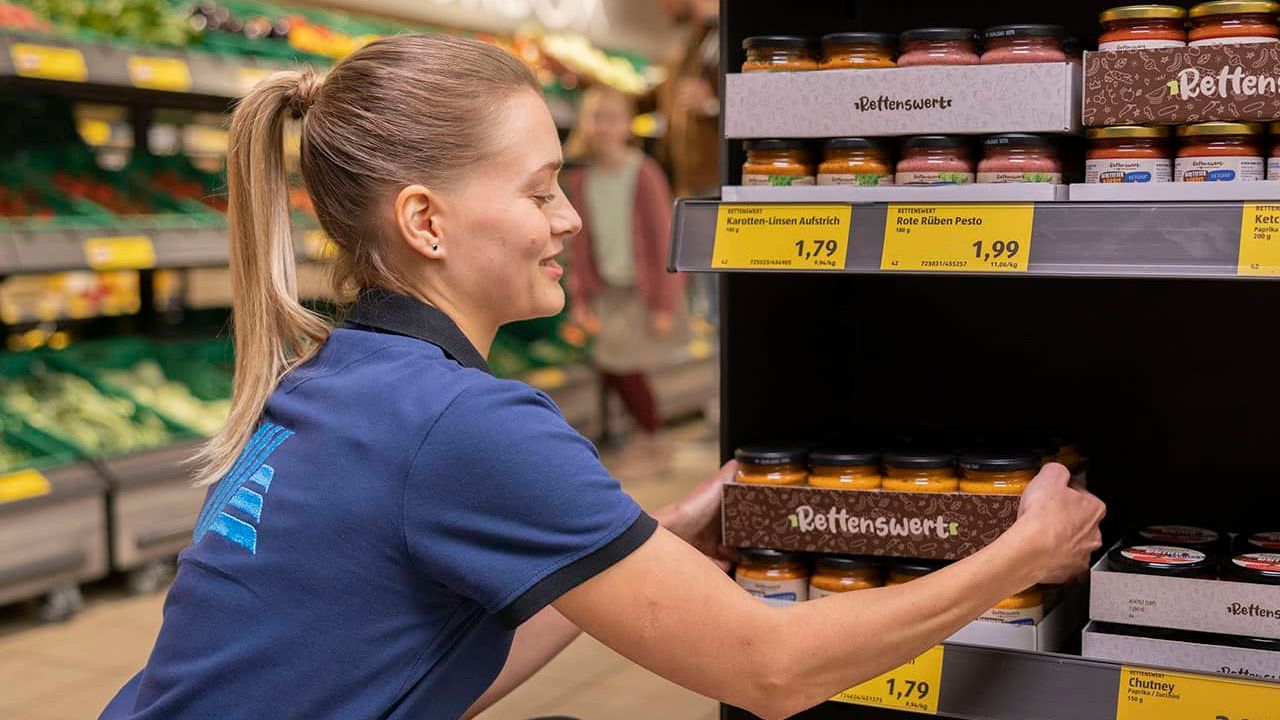
ALDI launches Rettenswert brand in Austria
There are several reasons for food waste in the supply chain, including overproduction due to yield changes and planning, aesthetic, and size requirements. Unfortunately, many of these surpluses are difficult for our suppliers to market or donate effectively. HOFER has developed the Rettenswert brand to repurpose surplus products and upcycle them into something more valuable and delicious. The brand was trialled in our Austrian stores in 2022 and launched in 2023 with multiple products.
Examples of the products include pumpkin pesto made from imperfect pumpkins sourced directly from the farm, antipasti made from unevenly sliced courgettes, chutney, fruit jams, and vegetable spreads. One of these spreads is made from carrots that were damaged during the post-harvest washing process. In 2023, Austria experienced a tremendous surplus of seasonal tomatoes, leading to the creation of Rettenswert ketchup. It is the only ketchup in Austria that is 100% locally grown and produced.
Find out more about our policies, initiatives, and projects for food waste. The Food Waste Factsheet provides information about the ALDI SOUTH Group for benchmarking inquiries.
Source: *UN environment programme - Food Waste Index Report 2024, **UNEP, ***WWF
